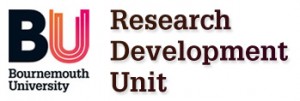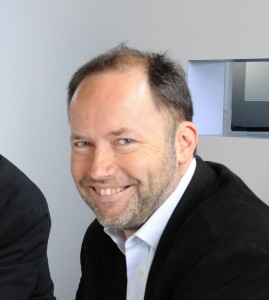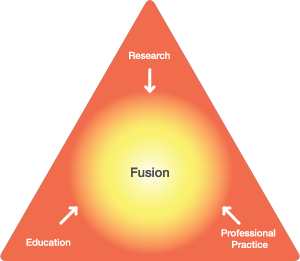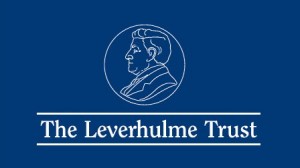 JISC funds a wide range of infrastructure, services, innovative projects and studies. As competition grows for funds, JISC have offered some advice on successful bidding that can help you make a strong application that stands out from the crowd. Their advice is worth considering for all grant applications.
JISC funds a wide range of infrastructure, services, innovative projects and studies. As competition grows for funds, JISC have offered some advice on successful bidding that can help you make a strong application that stands out from the crowd. Their advice is worth considering for all grant applications.
Sarah Porter, Director of Innovation at JISC, said: “We want to attract bids from a wide range of universities and colleges, those that know JISC well and others that might be bidding for the first time or need additional help with their application. We know bidding for funds is a time-consuming process and we are therefore aiming to give organisations the best possible chance of being successful in their applications.”
JISC advice for successful bidding includes:
- Describe how your proposed project meets the criteria set out in the call
- Demonstrate how your idea is aligned with the objectives of your college or institution, including what buy-in you have from senior management
- Carry out an initial assessment of the risks of undertaking the project – and then mention this in your bid
- Include an initial project plan and show how the project will be managed
- Think ahead – include information about dissemination, embedding and evaluation mechanisms
- Show that your project is sustainable once the funding has ceased – not just financially but also in terms of the skills sets of the people involved, and any data/software preservation
- Go green – show that you have considered the environmental impact of your project, eg. server power and data storage space you need
- Consider the wider benefits of the project for UK education and research to show that your project is good value for money. You might think about generating workshops, briefing papers or web pages to help disseminate the findings of your project more widely
- Don’t let your bid fail on the easy stuff: make sure you stick to the page limit and get your bid in on time
More information on specifically what JISC are looking for and the funding available can be found on their website.












 UKIERI (UK-India Education & Research Initiative) is now accepting proposals for the following strand activities:
UKIERI (UK-India Education & Research Initiative) is now accepting proposals for the following strand activities:















 Dr. Ashraf cited on ‘Modest Fashion’ in The Guardian
Dr. Ashraf cited on ‘Modest Fashion’ in The Guardian NIHR-funded research launches website
NIHR-funded research launches website Academics write for newspaper in Nepal
Academics write for newspaper in Nepal New paper published on disability in women & girls
New paper published on disability in women & girls Global Consortium for Public Health Research 2025
Global Consortium for Public Health Research 2025 MSCA Postdoctoral Fellowships 2025 Call
MSCA Postdoctoral Fellowships 2025 Call ERC Advanced Grant 2025 Webinar
ERC Advanced Grant 2025 Webinar Horizon Europe Work Programme 2025 Published
Horizon Europe Work Programme 2025 Published Horizon Europe 2025 Work Programme pre-Published
Horizon Europe 2025 Work Programme pre-Published Update on UKRO services
Update on UKRO services European research project exploring use of ‘virtual twins’ to better manage metabolic associated fatty liver disease
European research project exploring use of ‘virtual twins’ to better manage metabolic associated fatty liver disease